Product pictures
| Amount Per 0.25 cup, 60 g | |||
| Calories | 140 Kcal (586 kJ) | ||
| Calories from fat | 99 Kcal | ||
| % Daily Value* | |||
| Total Fat | 11g | 17% | |
|---|---|---|---|
| Saturated Fat | 2g | 10% | |
| Cholesterol | 30mg | 10% | |
| Sodium | 360mg | 15% | |
| Total Carbs | 2g | 1% | |
| Protein | 7g | 14% | |
| Iron | 0.3mg | 2% | |
* Percent Daily Values are based on a 2000 calorie diet. Your daily values may be higher or lower depending on your calorie needs.
Find out how many calories should you eat.
Ingredients And Nutrition Overview
Best
choice Good
choice Poor
choice Avoid
it!
choice Good
choice Poor
choice Avoid
it!
-
WeightWatchers Points: 3.7, PointsPlus: 4, SmartPoints: 4
WeightWatchers Points are estimated by carbohydrates, fats, protein and fiber in product. They are not an affirmation of better quality or nutritional value of the product or its manufacturer. Only way to count for dieters. Less points are better.
Read more at Weight watchers diet review -
Salty! Has over 15% of the daily sodium max
The average American consumes 5,000 mg of sodium daily — twice the recommended amount amount of 2400mg for healthy adults, this is 1 teaspoon of salt.
For medical reasons many people should not exceed 1500mg of sodium.
Surprisingly, you're responsible for only 15% of the sodium in your diet the bigger part - 75% of the sodium that you consume each day comes from processed foods, not home cooking or the salt shaker.
Excess sodium intake increases the risk of high blood pressure, hypernatremia, hypertension, cardiovascular disease and other heart problems.
Are these reasons enough to cut the sodium intake? No doubt! -
Convert Salt tsps to Sodium mg easily
Salt (NaCl) is not excactly sodium (Na).
It is not right to use these terms as synonyms.
The FDA recommended limit of sodium is 2,300 mg per day (or even less - about 1500 mg while one is on low sodium diets).
This is much less than the weight of salt.
(5,750 mg per day or 3,750 mg for low sodium diet) and not so convenient to calculate.
Know how much sodium is in your salt - without a calculator:
1/4 tsp salt = 600 mg sodium
1/2 tsp salt = 1200 mg sodium
3/4 tsp salt = 1800 mg sodium
1 tsp salt = 2300 mg sodium -
Interested in getting more protein?
Protein is important, but some of the protein you find in this product isn't exactly natural.
The protein comes from one of the following sources:
- milk protein concentrate
- whey protein isolate
- soy protein isolate
and that it's not ideal to get protein only from processed goods.
If you're looking for more protein, try beans, quinoa, nuts, seeds, peas and spinach & leafy greens.
Not only do they have protein, they're filled with other vitamins and minerals. -
Contains MSG!
Monosodium Glutamate is used as a flavor enhancer with an umami taste that intensifies the meaty, savory flavor of food.
Naturally occurring glutamate does it in foods such as stews and meat soups.
Despite the fact that MSG is one of the most extensively studied food ingredients and is generally recognized as safe (GRAS) by FDA.
Some people should steer away from it as they feel that react adversely to MSG.
MSG is generally found in processed, low-quality foods, stuff that you shouldn’t be eating much.
REMEMBER: Any food ingredient listed as hydrolyzed, protein-fortified, ultra-pasteurized, fermented or enzyme-modified is often MSG, or creates free glutamic acid during processing. -
Product contains sulfites
Sulfites (sulphites) are inorganic salts that are used as antioxidant of food preservative or enhancer.
They may appear on food labels in various forms, such as: sulfur dioxide, potassium bisulfite, potassium metabisulfite, sodium bisulfite, sodium metabisulfite or sodium sulfite
Although sulphites do not cause a true allergic reaction, people with sensitivity to sulfites may experience similar reactions as those with food allergies.
Those who have asthma are most at risk to sulphite sensitivity.
BTW sulfites are included in the ten priority food allergens in Canada.
Allergens
Soy Allergy, Corn Allergy, Gluten Allergy, Wheat Allergy, Sulfites Allergy
Chicken spread Ingredients
White Chicken Meat, Chicken Broth, Cooked Chicken Skin, Seasoning Blend (Partially Hydrogenated Cottonseed/Soybean Oil, Dehydrated Potatoes, Salt, Monosodium Glutamate, Dehydrated Onion, Corn Starch-Modified, Isolated Soy Protein (Contains: Soybeans, Wheat), Spices Including Turmeric, Soy Lecithin (Contains: Soybeans, Wheat), Citric Acid, Wheat Starch (Contains: Soybeans, Wheat), Chicken Fat, Dextrose, Torula Yeast, Hydrolyzed Soy Protein (Contains: Soybeans, Wheat), Natural Flavor, Caramel Color, Sodium Bisulfite), Chicken Fat.
You Might Also Like
% RDI of Main Nutrition Facts
7%
of RDI* (140 calories) 60 g
-
Cal: 7 %
-
Fat: 16.9 %
-
Carb: 0.7 %
-
Prot: 14 %
-
0%25%75%RDI norm*
Calories Breakdown
- Carbs (5.9%)
- Fat (73.3%)
- Protein (20.7%)
Get Your Recipe of Health!
Follow RecipeOfHealth on Facebook!

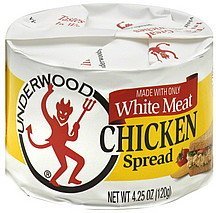
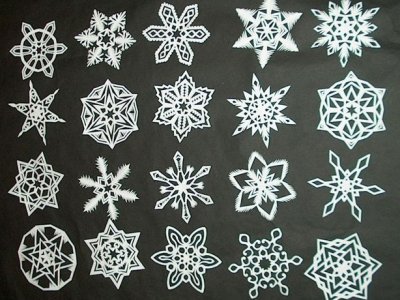
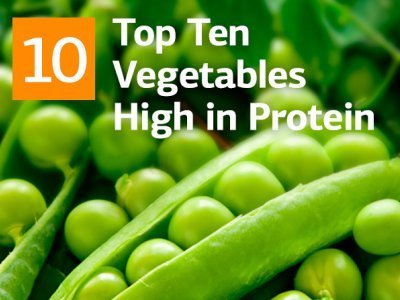

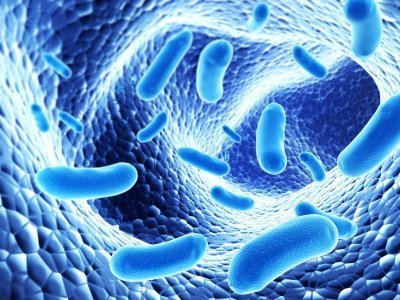


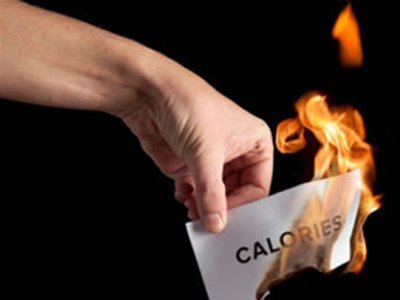
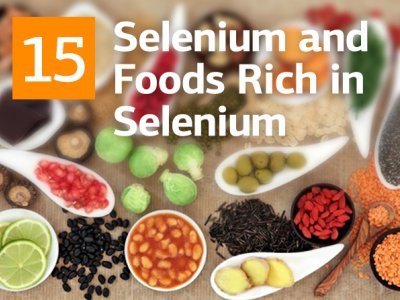
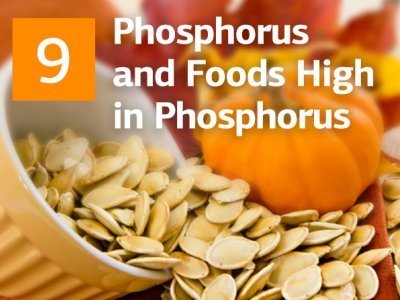
Add your comment